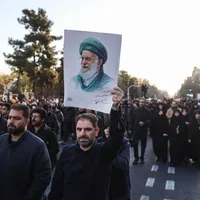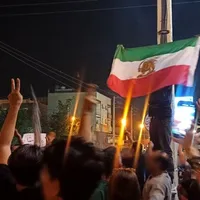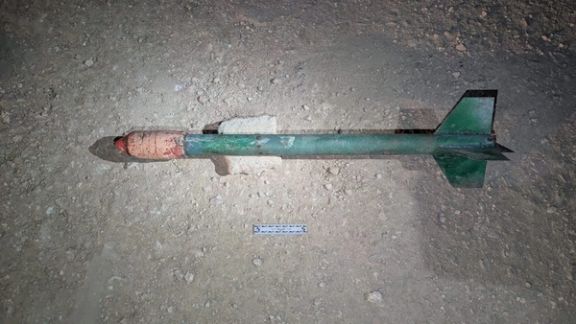Esmael Khatib, Iran’s intelligence minister, announced that Iranian operatives had penetrated Israeli intelligence circles and stolen significant data, without citing any evidence.
“Westerners and regime officials admit Iran’s influence within the Zionist regime. The arrest of their citizens and members has been publicized, and acknowledging Iran’s penetration and power is a great blessing … documents stolen from this regime and valuable intelligence obtained are additional blessings,” Khatib was cited as saying by Tasnim News.
Following Israel’s 12-day strike in June, Iran cracked down on networks it claimed were linked to Israel, arresting about 700 alleged Mossad collaborators and executing 6 people for espionage. Israel also charged several of its citizens with spying for Iran.
Khatib praised Iran’s domestic response during the conflict, saying it showcased national unity.
“Many may have made mistakes in their political lives, but their presence, solidarity, and empathy with the people during this 12-day war is another impactful factor that should be encouraged by officials,” he said.
Khamenei, Iran's ultimate decision-maker, delivered a rare televised speech on Tuesday in which he ruled out talks with the United States and emphasized a hard line against what he described as Israeli and American threats.
Concessions to Washington, he said, would mean "Iran’s hands should be so tied that if it were attacked, it could not even respond to the US bases.” Lebanese armed group Hezbollah, Khamenei added, is a "treasure" and should not be counted out.
Support for proxy groups
Parliament Speaker Mohammad Bagher Ghalibaf emphasized Tehran’s commitment to supporting allied groups such as Hamas, Islamic Jihad and Hezbollah, saying they defend Iran’s security interests.
“Our support for these groups defends Iran’s national security and interests. After Operation True Promise 3, the enemy knows that if we don’t stand against the Zionist regime in the Golan, it will advance to Julula in Iraqi Kurdistan, 30 kilometers from Iran’s border,” Ghalibaf was quoted as saying by Revolutionary Guards-linked Tasnim.
“Operation True Promise 3” was Iran’s retaliatory campaign against Israel during the 12-day war, involving multiple waves of ballistic missiles and drone strikes on Israeli targets.
Israeli attacks in the surprise campaign killed nuclear scientists along with hundreds civilians and military personnel. Iranian counterattacks killed 31 Israeli civilians and an off-duty soldier.
Ghalibaf also pointed to challenges in Syria and Iraq, saying Iran remains focused on those fronts.
“Defending the Islamic world, regional security, and human rights requires us to defend ourselves in the Golan, which is why we support resistance groups,” he said.
Addressing Hamas’s October 7 attack on Israel, Ghalibaf stressed that the operation was planned solely by Hamas.
“There was no mistake in Hamas’s October 7 strategy. The legitimacy and righteousness of the resistance remain intact. The decision was entirely Hamas’s, and neither the Islamic Republic of Iran nor Hezbollah in Lebanon were aware of the operation’s details,” he said.
Israel is currently continuing its military campaign in Gaza and has demanded the release of all hostages as a condition for halting the offensive.













